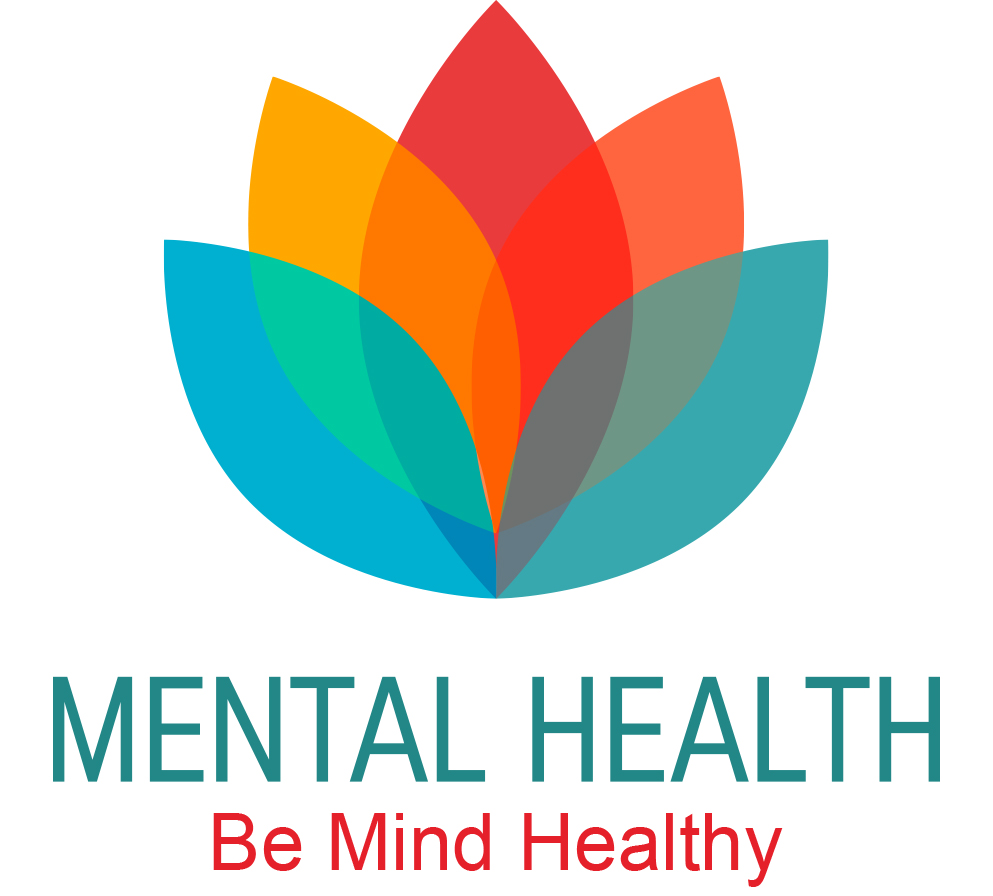
The term Indigenous/Native refers to all groups who lived in the U.S. prior to colonization by European settlers. According to the U.S. Census, 1.7% of the U.S. population —or 5.2 million people — identified as American Indian or Alaska Native alone or in combination with another race.
These complex societies lived and thrived here for centuries before Europeans — a reality that is often ignored when talking about Indigenous people.
Referring to Indigenous/Native people as “American Indians” can be somewhat misleading, as the term “America” was not used until after colonization. The same can be said about the term “Indian” — it was a name applied by colonizers who mistakenly thought they had arrived in India. Many Indigenous/Native people prefer to use the original nation names that have existed for thousands of years. It is not unusual for many to consider that identity separate from their identities as “Americans.” READ MORE
Mental Health America works nationally and locally to raise awareness about mental health and ensures that those at-risk for mental illnesses and related disorders receive proper, timely and effective treatment. MHA incorporates culturally competent strategies to ensure that it is effectively addressing the treatment and psychosocial needs of consumers and families with diverse values, beliefs, sexual orientations, and backgrounds that vary by race, ethnicity and/or language. READ MORE
Source: Mental Health America
